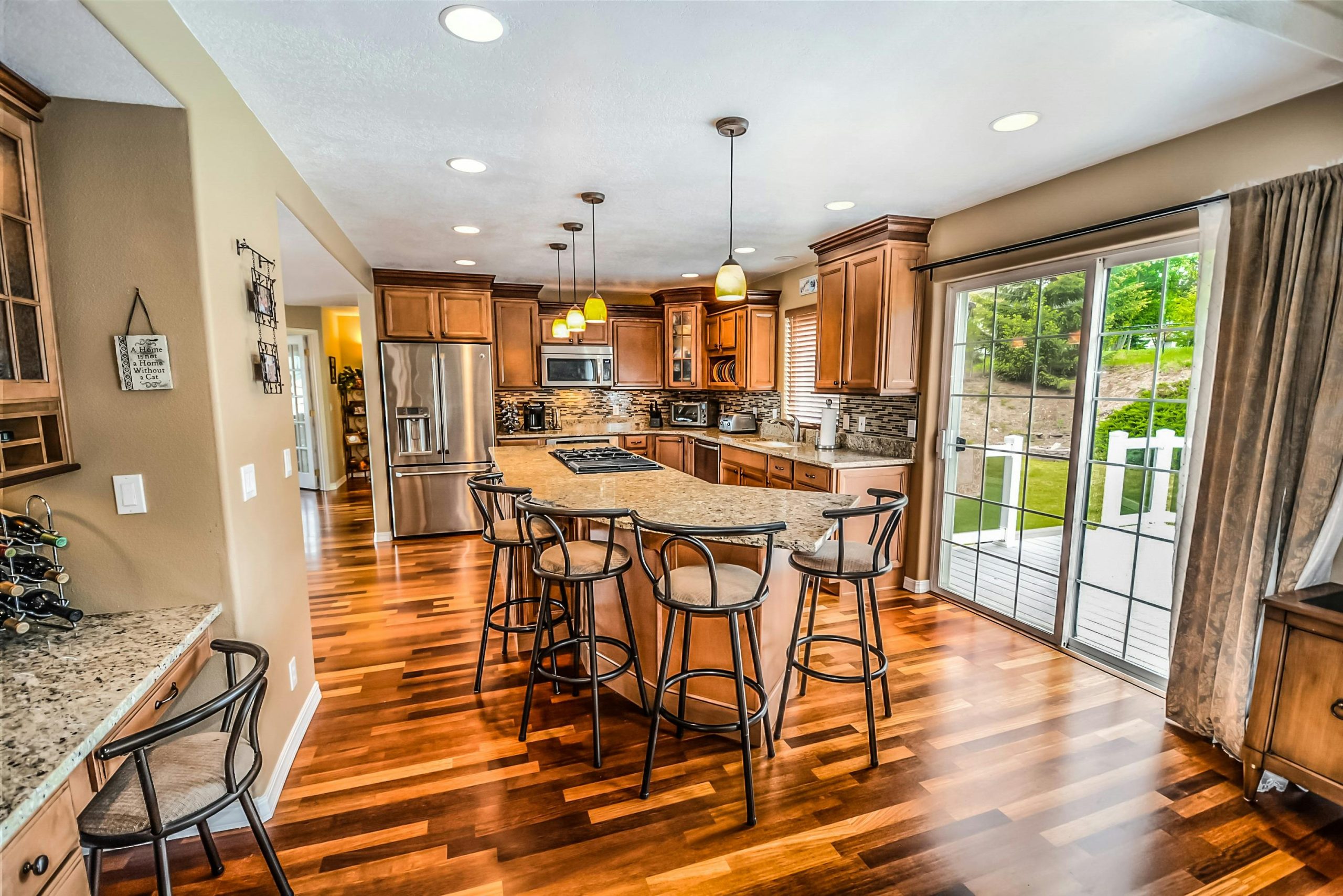House Hunting Without a Plan? That’s How You End Up on a Reality Show
Shopping for a home in 2025 without preparation is like going grocery shopping on an empty stomach: you’ll make impulsive decisions, regret your choices, and somehow end up with a 30-year commitment you didn’t fully think through.
Whether this is your first home or your first home in a while, this guide (brought to you by a trusted agent or loan officer) is your 2025-ready checklist to confidently start the process—and avoid expensive surprises.
Let’s get your ducks in a row before you fall in love with granite countertops and walk-in closets.
1. Check Your Credit and Fix the Weird Stuff
Start by reviewing your credit reports from all three bureaus. You’re looking for errors, unpaid accounts, or mystery subscriptions you forgot to cancel in 2021.
Aim for a credit score of at least 620 for most loans, but know that higher scores get better rates and more loan options. If your score needs work, a good lender can help create a rapid improvement plan.
Pro tip: Don’t open new credit lines, finance furniture, or co-sign a loan while you’re preparing to buy. Mortgage underwriters don’t love surprises.
2. Get Pre-Approved (Not Just Pre-Qualified)
Pre-qualification is a friendly handshake. Pre-approval is a signed letter that says, “I’m serious.” Sellers take it seriously. So do agents. So will you—when you know exactly what you can afford and what your payment might look like.
Bonus: A pre-approval helps you shop with confidence and move fast when you find the right house.
Need help? The loan officer who shared this article can get you pre-approved, often within 24–48 hours.
3. Know Your Budget Beyond the Mortgage
It’s not just about the monthly payment. You’ll also need to account for:
- Closing costs (typically 2–5% of the purchase price)
- Property taxes and homeowners insurance
- HOA dues, if applicable
- Maintenance and repairs (especially for older homes)
- Moving expenses (pizza and pickup trucks count)
Pro tip: Don’t max out your pre-approval. Leave wiggle room for life, future expenses, and emergency savings.
4. Save for Your Down Payment (It Might Be Less Than You Think)
Despite the myths, you don’t need 20% down to buy a home. In 2025, many buyers are using:
- 3% down conventional loans
- 3.5% down FHA loans
- 0% down VA and USDA loans (for qualified buyers)
- Local and state programs offering down payment assistance or grants
Want to know what you qualify for? Ask your lender. You might be closer than you think.
5. Choose the Right Real Estate Agent
The right agent isn’t just someone with a nice headshot. Look for someone who:
- Knows your target area inside and out
- Listens to your goals, not just your budget
- Helps you navigate bidding wars, inspections, and negotiations
- Doesn’t pressure you into anything sketchy
The agent who shared this article? They probably already check those boxes.
6. Define Your Must-Haves and Dealbreakers
Before you start scrolling through listings at midnight (we see you), get clear on your priorities.
Make two lists:
Must-Haves:
- Number of bedrooms
- School district
- Commute time
- Pet-friendly yard
Dealbreakers:
- Highway noise
- Major repairs needed
- Tiny closets
- “Open concept” that’s just one big echo chamber
These lists help you stay focused—and keep you from falling for that cute house that doesn’t actually fit your life.
7. Understand What You’re Signing Up For
Homeownership isn’t just about picking paint colors. You’re taking on a long-term responsibility—financial, emotional, and yes, occasionally involving leaf blowers.
Talk with your lender about what your payments look like now, next year, and five years from now.
Ask questions like:
- What happens if rates drop?
- Can I refinance later?
- What if I want to sell or move in 3 years?
Buying a home is a major decision. The goal isn’t just to qualify—it’s to thrive as a homeowner.
8. Prepare Your Paperwork
You’ll need to gather some documents before the mortgage magic happens. Your lender will likely ask for:
- Recent pay stubs (usually last 30 days)
- Last two years of W-2s or tax returns
- Bank statements (for all accounts)
- Proof of additional income (bonuses, side hustles, etc.)
- Photo ID
Have these ready to speed up your loan process—and avoid the dreaded email subject line: “Urgent Document Request #14.”
9. Research Neighborhoods Like a Local
You’re not just buying a house—you’re buying into a neighborhood. Take time to research:
- Schools and zoning
- Commute times and traffic patterns
- Crime stats and safety reports
- Local amenities (grocery stores, parks, coffee shops)
- Future developments that may affect value
Your agent should help with this, but it’s worth doing some homework on your own—especially if you’re relocating.
10. Ask About First-Time Buyer Programs
If this is your first home—or it’s been a while—you may qualify for programs that offer:
- Lower down payments
- Reduced mortgage insurance
- Tax credits
- Grants or forgivable loans for closing costs
Your loan officer can check eligibility in your area. Many of these programs are only available if you ask.
Final Word: Check Yourself Before You House Hunt
Buying a home in 2025 can feel overwhelming—but it’s a lot easier when you’re prepared. This checklist is your starting point. It helps you shop with confidence, avoid surprises, and make smart decisions for your future.
If you’re ready to start the process, the agent or loan officer who shared this article is here to help. They can walk you through your options, answer your questions, and help you take the next step.
Because when it comes to buying a home, the smartest move is starting with a plan—not just a dream.
FAQs: Homebuying in 2025
Do I really need a pre-approval before I start looking?
Yes. In most markets, sellers won’t even consider your offer without one. It shows you’re serious and helps you shop with confidence.
What if my credit isn’t perfect?
That’s okay! Many loan programs allow for less-than-perfect credit. A lender can help you build a plan, even if you’re not ready yet.
Can I buy a home with student loans?
Yes. Lenders consider your total debt-to-income ratio, and student loans don’t automatically disqualify you.
How long does the buying process take?
From pre-approval to closing, it typically takes 30–60 days, depending on your situation and the market.




